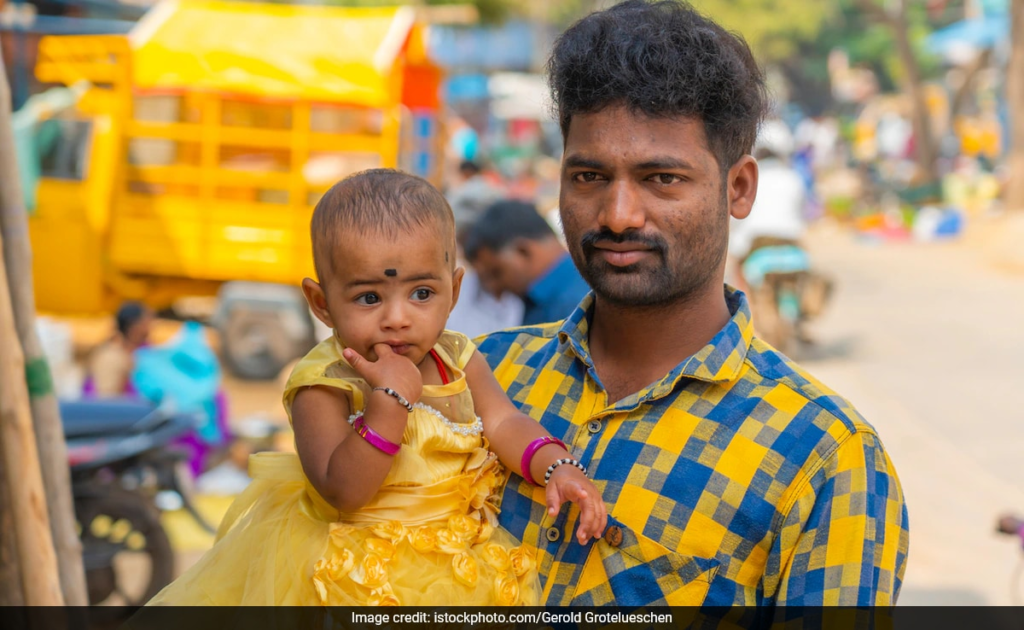
Total fertility rate in Andhra Pradesh is 1.7 children, well below the replacement level of fertility.
The Andhra Pradesh government has done away with the rule that candidates having more than two children are ineligible to contest the elections for local bodies, on Monday, by passing the AP Panchayat Raj (Amendment) Bill, 2024 and the AP Municipal Laws (Amendment) Bill, 2024.
Thirty years ago, in May 1994, the erstwhile Andhra Pradesh assembly had passed an amendment Bill that made the 2-child norm mandatory for those seeking election to the Gram Panchayats, Mandal Praja Parishads and Zilla Parishads. Contenders with over two children were disqualified or considered ineligible to contest local body polls. This was meant to keep a check on the population.
Chief Minister Chandrababu Naidu has been advocating that after the earlier successful implementation of family planning, it is time to incentivise women and families to have more children. Mr Naidu has argued that it is an economic imperative.
The total fertility rate in Andhra Pradesh among women (aged 15-49 years) currently stands at 1.7 children per woman, as per the National Family Health Survey (NFHS-5) 2019-21. This is well below the replacement level of fertility. Fertility has decreased by 0.2 children between NFHS-4 (2015-16) and NFHS-5.
77 percent of currently married women and 74 percent of men age 15-49 years want no more children, are already sterilized, or have a spouse who is sterilized. Among those who want another child, 22 percent of women and 26 percent of men would like to wait at least two years before the next birth. Ninety-one percent of women and 86 percent of men consider the ideal family size to be two or fewer children.
The total fertility rate in urban areas, at 1.47 children per woman, and in rural areas, at 1.78 children per woman, are both below the replacement level.
“As the declining fertility rates, population stabilisation, and changing socio-economic conditions proved to be outdated and counterproductive, the government felt that repealing sections intended to control the population would promote inclusive governance, reflect contemporary social values, and align with global best practices and demographic trends,” according to the Bills.




